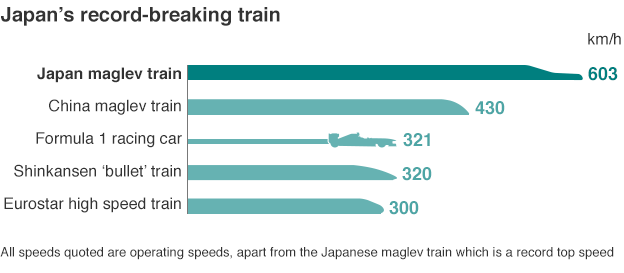Markets work. That’s the “First Law” of the Extended Order of Social Interactions. I just made up that EOoSI bit but the ‘markets work’ bit is a genuine law in the sense that it expresses an observed regularity in human societies.
What does it mean? Among other things, it means that when the need (the demand) for something arises, the market spontaneously figures out a solution (the supply) without the need for some controlling authority passing orders to get that need met. Those who address the needs of people are sometimes referred to as entrepreneurs. These are the people who look around for unmet needs and figure out some way of meeting those needs.
Continue reading “Fast Food Enlightenment”

 On Wednesday, it was Mahanabami of Durgotsav or pujo as we Bengalis refer to it in short. I went to check out some puja in the neighborhood with a friend Sudipta and his wife Suvagata. We first went to the Bay Area Durga Utsav Santa Clara, and then to the Paschimi Durga Puja at the Santa Clara Fairgrounds. Both were done quite nicely. The crowds were reasonably large, all dressed up and excited to be there. Pujo is always fun.
On Wednesday, it was Mahanabami of Durgotsav or pujo as we Bengalis refer to it in short. I went to check out some puja in the neighborhood with a friend Sudipta and his wife Suvagata. We first went to the Bay Area Durga Utsav Santa Clara, and then to the Paschimi Durga Puja at the Santa Clara Fairgrounds. Both were done quite nicely. The crowds were reasonably large, all dressed up and excited to be there. Pujo is always fun.
